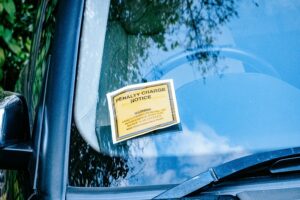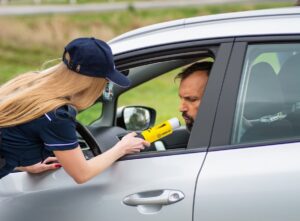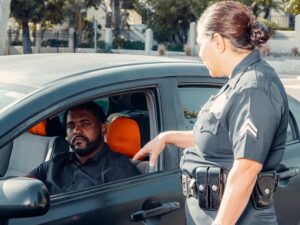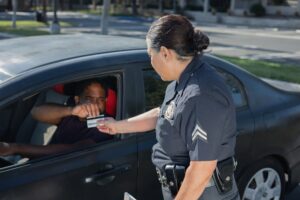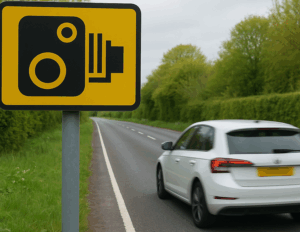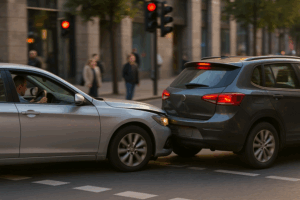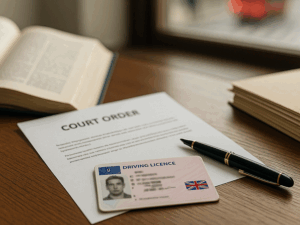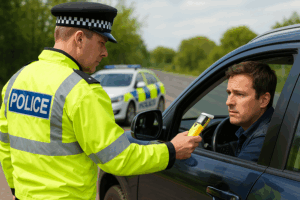Did you cause serious injury by driving dangerously?

Every year in the UK, hundreds of drivers find themselves in court for endangering the lives of others while driving. The consequences of a dangerous driving charge go far beyond a simple fine: they can turn your whole life upside down. When facing a dangerous driving charge, hiring a solicitor specialising in driving and motoring offence cases is not an option but a necessity in order to effectively defend your rights.
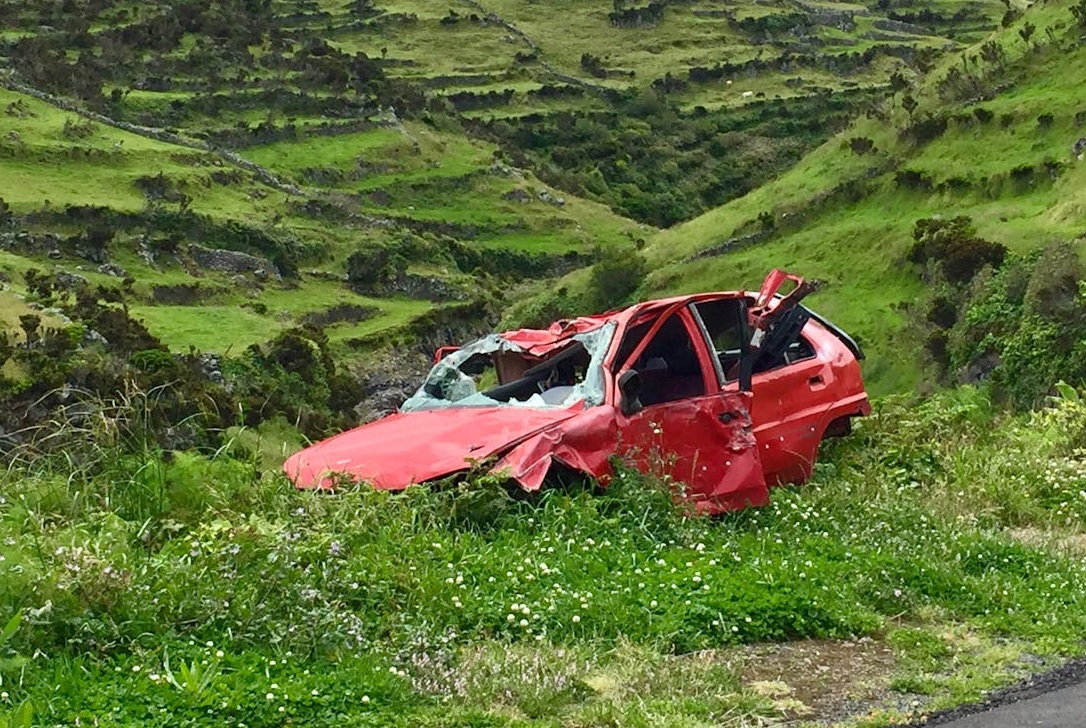
Key Takeaway: What are the consequences if you are prosecuted for dangerous driving?
This article will help you understand the real risks and possible penalties particularly if this is a dangerous driving first offence.
When driving becomes dangerous: real-life examples
UK law considers driving to be dangerous when it seriously endangers the lives of others, even without intent to cause harm. This is not simply a matter of a momentary lapse in judgement; your decisions behind the wheel can have dramatic consequences.
The following situations are considered dangerous driving under UK law:
- Driving under the influence of alcohol or drugs.
- Driving at excessive speeds on a narrow or winding road.
- Using a mobile phone while driving aggressively through traffic.
- Ignoring warning signs or speed limit signs in school or residential areas.
- Racing another driver on a public road, causing a risk of multiple collisions.
- Driving through a pedestrian crossing at high speed without stopping, endangering pedestrians and cyclists.
Performing dangerous manoeuvres in extreme weather conditions, such as weaving between vehicles on an icy road. These behaviours demonstrate that your driving falls ‘far below’ the standards of a competent and careful driver , distinguishing dangerous driving from lesser offences.
Legal consequences and penalties of dangerous driving
Dangerous driving offences are taken extremely seriously under UK law. The consequences depend on the severity of the incident, ranging from causing serious injury to causing death.
Causing death by dangerous driving
When your driving causes death, you may be prosecuted for causing death by dangerous driving. The courts impose severe penalties to reflect the seriousness of the offence. The death by dangerous driving sentence ranges from 1 to 14 years imprisonment, with typical sentences between 5 and 14 years, often exceeding 2 years even for first-time offenders.
While there is no statutory minimum sentence for dangerous driving resulting in death, the death by dangerous driving minimum sentence UK guidelines ensure substantial penalties are always imposed. Even for a dangerous driving first offence, if the driver’s behaviour directly caused death, the sentence can be substantial, reflecting the responsibility and danger involved.
Additional consequences include revocation of the driving licence for a minimum of 2 years, a criminal record, and restrictions on certain types of insurance or professional activities.
Causing serious injury by dangerous driving
If your actions cause serious injury, you could face charges for causing serious injury by dangerous driving under Section 1A of the Road Traffic Act 1988. Penalties can include:
- A custodial sentence proportional to the severity of the injuries.
- Suspension or revocation of your driving licence.
- Significant fines and a criminal record.
Even a dangerous driving first offence resulting in serious injury can carry heavy penalties. Courts carefully consider the circumstances, including the degree of recklessness and the potential harm caused.
Additional consequences
Beyond prison and fines, a conviction for dangerous driving can also lead to:
- Travel restrictions to certain countries.
- Long-term effects on employment or professional licences.
- Penalty points on your licence, potentially leading to a driving ban.
- Difficulty obtaining insurance or increased premiums due to a criminal record.
Aggravating circumstances in a dangerous driving case
When a driver is prosecuted for causing death by dangerous driving or causing serious injury by dangerous driving, the sentence is not determined solely by the outcome of the accident. Aggravating circumstances surrounding the offence can significantly influence the severity of the death by dangerous driving sentence.
Key aggravating factors include:
- Driving under the influence of alcohol or drugs: Any driving with a blood alcohol level above the legal limit, or under the influence of illegal substances, is treated as particularly serious.
- Extreme speeding: Exceeding the speed limit by large margins, especially in residential areas, school zones, or busy roads, is a major aggravating factor.
- Dangerous or reckless manoeuvres: Sudden Lane changes, risky overtaking, street racing, or running red lights at high speed are considered aggravating behaviours.
- Failure to assist or leaving the scene: Failing to help victims or fleeing the scene of an accident is heavily penalised.
- Adverse road or weather conditions: Driving dangerously on icy, slippery, or rain-soaked roads increases risk and penalties.
These aggravating circumstances allow judges to determine sentences with precision, affecting not only imprisonment length but also licence suspension, fines, and criminal record impact. Even a dangerous driving first offence can result in severe penalties if several of these factors are present.
Do I need a solicitor if accused of dangerous driving?
Accused of dangerous driving, causing serious injury by dangerous driving or causing death by dangerous driving? An experienced solicitor is your key ally to prepare your defence and guide you through the legal process.
They can support you in several ways:
- Analyse: A solicitor reviews your case in detail, including police reports, witness statements and all available evidence. They explain the potential consequences, including the minimum sentence for dangerous driving, and identify any aggravating or mitigating factors that could affect your death by dangerous driving sentence.
- Represent: A solicitor defends you in court, challenges evidence when needed, and presents your version of events. Even for a dangerous driving first offence, expert representation can help negotiate reduced penalties or positively influence the outcome.
- Advise: A solicitor guides you on correct actions after an accident, such as cooperating with the police or assisting victims. They also explain how to report dangerous driving, whether report online or to report to DVLA, and how these actions may impact sentencing.
- Assist: A solicitor handles administrative matters, including correspondence with police, Crown Prosecution Service and insurance companies. They ensure deadlines are met, documents are understood, and mistakes that could worsen your situation are avoided.
FAQs
Can I contest a dangerous driving charge if I wasn’t the only person in the car?
Yes. The presence of other passengers or witnesses can support your version of events, but legal responsibility remains individual. A solicitor can help present this evidence effectively.
Does my insurance automatically cover damages in a case of causing serious injury by dangerous driving?
Not always. Some policies exclude accidents linked to dangerous driving. Check your contract and inform your solicitor to prepare your defence.
How long does a death by dangerous driving trial take in the UK?
Duration depends on the complexity of the case and the evidence, but a trial can last from several days to weeks. Preparation with a specialised solicitor is crucial to manage the process effectively.
Can you report dangerous driving?
You can report dangerous driving through police (999/101), report online, or report to DVLA using their incident form.
A charge of dangerous driving, causing serious injury by dangerous driving or causing death by dangerous driving is not just a traffic offence; it affects your freedom, licence and reputation. Courts take each case seriously, and even a dangerous driving first offence can result in severe penalties if circumstances are aggravating.
Don’t face dangerous driving charges alone!
Qredible’s network of specialist solicitors has successfully defended countless clients facing dangerous driving charges, causing death by dangerous driving, and causing serious injury by dangerous driving cases across the UK.
KEY TAKEAWAYS
- Dangerous driving is a criminal offence that can lead to imprisonment, licence suspension, and criminal records.
- The law distinguishes between careless, reckless, and dangerous driving, each carrying different risks and penalties.
- Even a dangerous driving first offence can result in severe sentences, especially in death by dangerous driving cases.
- A specialised solicitor can help you analyse your case, represent you in court, advise on your options, and manage all necessary procedures.
Articles Sources
- sentencingcouncil.org.uk - https://sentencingcouncil.org.uk/guidelines/dangerous-driving
- sentencingcouncil.org.uk - https://sentencingcouncil.org.uk/guidelines/causing-serious-injury-by-dangerous-driving
- sentencingcouncil.org.uk - https://sentencingcouncil.org.uk/guidelines/causing-death-by-dangerous-driving
- cps.gov.uk - https://www.cps.gov.uk/crime-info/driving-offences
- gov.uk - https://www.gov.uk/penalty-points-endorsements/endorsement-codes-and-penalty-points
Do you need a solicitor?
Find a solicitor on Qredible in just a few easy steps













